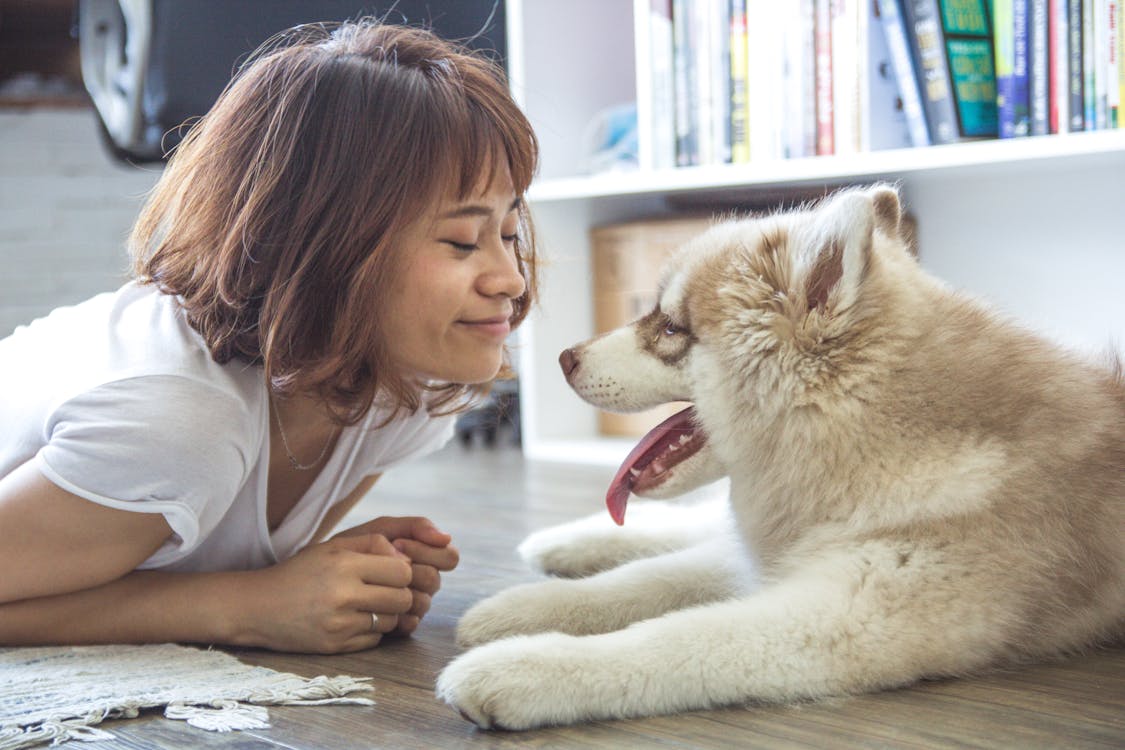Module 1: Week 1 & 2 Getting to Know Me, YOU & PSYCHOLOGY
In my very first blog post, I described my life as a small town girl and what makes me, well, me!
The following post goes into the details of my favorite field of psychology, Personality Psychology. I already knew a lot about Personality Psychology before taking this class, but there were a few new things that I learned as well (which I will get into in the description for module 3).
Module 2: Week 3 & 4 - Brain Sensation, & Perception
This module was all about how the brain perceives the external world through the bodily senses. It was interesting learning how much of the true world we see, but also how big our blind spots really are.
What I liked studying the most in this module was the effects of synesthesia on someone's senses (hence why I focused my blog post on this sub-topic). Getting to learn more about synesthesia helped me in my own life since my mother has ordeal-linguistic synesthesia and I have more clarity on what she is experiencing when she spells words a certain way or how she reacts to certain sounds in speech. I also thought it was fascinating how synesthesia relates to music (since I and a music major). Musicians with grapheme-color synesthesia, like Adam Neely, associate colors with certain sounds, thus every song has a certain color scheme and creates unique visual art for the synesthete.
This module had some of my favorite activity submissions. There was an activity in which children were asked to build a model of the brain out of play dough, being taught by the conductor of the task about the different functions of all the parts. It was a personal project, showcasing the learning abilities of young children and the sentimentality of teaching people close to you. I enjoyed watching Desiree Melendez work with her daughter for the project because of how close they are.
Module 3: Week 5 & 6 - Developmental Psychology and Personality
In week five, we covered Developmental Psychology, the study of how a person's psyche develops over the course of their lifetime. In one of the videos for the module, we watched how kids of different ages were able to solve problems. Younger children usually aren't able to perceive three-dimensional maps in their minds very well so they couldn't remember the locations of all of the items on a map like teenagers could, etc...
The following week, we discussed Personality Psychology, my favorite field of psychology
I was intrigued by the personality analysis blogs of my classmates, especially the ones of people that I am friends with. For example, Christian Fortner is a music theory & composition major like myself. He did his personal blog over his girlfriend and music education major, Kara Litton. I am friends with her as well, so it was interesting to see the process Christian took with analyzing Kara's personality. Even though he had known her for 6 months, he wasn't able to guess her type 100% correctly. It just goes to show that even if you spend a long time with someone, you will most likely never know their whole essence or being in your lifetime.
Module 4: Week 7 & 8 - Learning and Memory
Learning psychology is all about how people process information and use gained knowledge to adapt to their world. We learned about the different kinds of conditioning (Classical, Operant, Etc..) and about experiments using conditioning to affect human and animal learning behaviors (like in Pavlov's dog experiment).
In week 8, we covered the concepts of Memory. There are many different types of memory (explicit, implicit, sensory, short-term, etc..) and different types of amnesia (retrograde, etc..). We also studied how Alzheimer's affects memory in elderly people.
Module 5: Week 10 & 11 - Motivations, Emotions & Social Psychology
In week 10, we studied the causes of motivation and the process of emotional responses. Both are caused by the arousal of the sympathetic nervous system, hence why they both have the Latin root meaning "to move".
Module 6: Week 12 & 13 - Psychological Disorders and Therapy
This was one of my favorite modules simply because I've always had an interest in the abnormality of psychological disorders. There are people in my life who have such disorders, and learning how they operate so that I can understand them and help them correctly is essential to my relationships with them. I already previously knew about the disorders that we covered but learning how they function on a deeper level and hearing the stories of those afflicted gave me a different viewpoint than I had previously held.
What I learned the most about in this module was all of the different types of therapy used for the treatment of these disorders. I didn't know there is such a variety! First of all, there are three major categories (Talk, Behavior, and Biomedical). Within those categories lies many subfields used for a variety of situations (from phobias to schizophrenia and beyond).
Module 7: Week 14 & 15 - Positive Psychology
Positive Psychology is one of the most practical subfields of psychology because it can be used in everyday life. It is the field of psychology that goes beyond solving someone's problems, elevating someone into a state of flourishing by using one's gifts for the good of themselves and others. I enjoyed getting to practice the effects of Positive Psychology through simple activities and receiving the rewards of such actions.
For one of the activities, I had to write encouraging messages on sticky notes and then place them on the front windows of cars. Even though I didn't get to see the reactions of the recipients, I still had a genuine sense of joy by doing the act alone.
My blog on Positive Psychology actually was combined with elements of Personality Psychology. I took the VIA strengths test to determine some personality strengths of mine that can be used in everyday life. In this exercise, I was able to utilize my top five strengths of (1) Forgiveness and Mercy, (2) Judgement, Critical Thinking, and Open-Mindedness, (3) Modest and Humility, (4) Industry, Diligence, and Perseverance, and (5) Appreciation of Beauty and Excellence in order to bring positivity into my life. Part of the reason why I have a passion for Personality Psychology is that if someone understands their personal strengths and weaknesses, they can use their strengths to improve their lives and the lives of others. I just didn't realize before this class that such a practice would be placed under Positive Psychology (I didn't even know it was a field of Psychology before!).
Extra Thoughts
My favorite student-led activity out of all of them was the one for Positive Psychology. As I've previously stated, the activity involved the created of good messages on sticky notes to be placed on cars. It was a simple task that brightened my entire day and kept me thinking about what good I could do in the future.
My favorite module task was #PsychStory. For the task, we had to write down a true story of great social connection and individual inspiration that broke the bounds of cultural constraints and other restrictions. I wrote a poem about my experience with my speech delay when I was younger, and how it has affected my entire life. Speech problems can happen in any culture and it's important that people understand what someone goes through in such a situation and how they can help make things easier.
My favorite blog post was the personality analysis. I was able to collect data on a close friend of mine, learning more about them in the process.
As for who I thought had the best blog posts in our class, I honestly do not have an opinion. I always chose to read a different person's blog for every assignment. Sure, I have read some of the same people do a different couple of posts, but I didn't watch the progress of anyone closely. I gave everyone that I could some feedback and I didn't limit myself.
I didn't receive very many comments with criticism, so it's hard to say who has given me the most advice on my blogs. I did enjoy reading comments that connect personally with what I was discussing in a post. For example, Christian Fortner and I were able to discuss Myers Briggs personality test in the comments of my second blog post:
Again, what I thought was the most useful and personal topic covered in this entire course would have to be Positive Psychology. It is applicable to everyday life and it provides the tools to steady improve someone's overall quality of life.
I have used the principles of Positive Psychology to improve my own life. By using my strength of forgiveness, I've learned to let the mistakes of others and take more responsibility for myself because I'm not focused so much on judging others. I've used my humble nature to give others the chance to shine and for me to be a dreaming observer.














